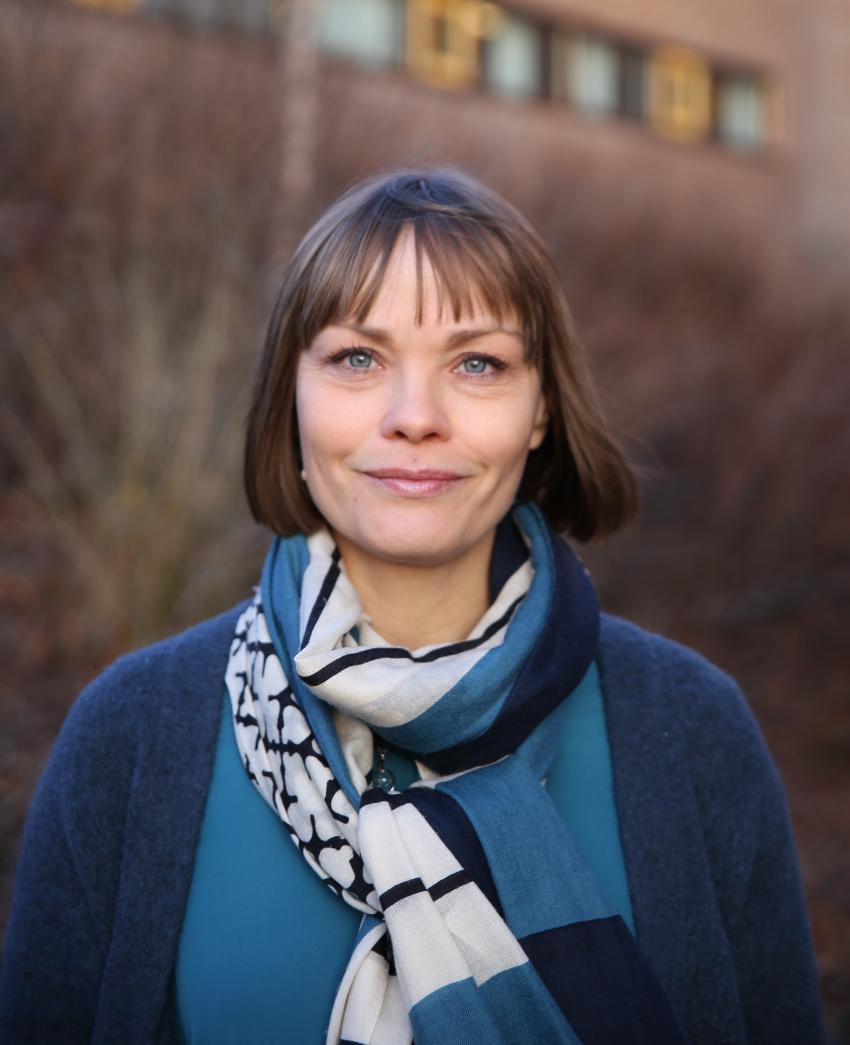

Lena Schøning
Job description
My research interests center around governance and regulation of environmental problems. I am particularly interested in sustainability transitions, also known as green transition or green shift. I have studied state management and regulation of aquaculture by different approaches. These include if such management and regulation is conducted to accelerate green transition and in accordance with international law, EEA law, and national law.
I teach law and goverance at the cross-disciplinary experience-based master program Ocean Leadership. For the Norwegian master program in law, I teach international law, administrative law, environmental law, and litigation.
My interdicipinary Ph.D. on ocean governance, concerns how integrated ocean management contributes to protection of the marine environment. The Ph.D. includes a concept study and a case study, thus I am familiar with different legal and social science methods. For example, I have identified and developed criteria for environmental evaluation of governance instruments (such as statutory acts and plans).
I am participating in the project Developing Good Ocean Governance (DOGA), financed by the Research Council of Norway. I have developed a theoretical framework for the project on the relationship between governance, law, and science. I am also participating in a project financed by the FRAM Centre, Shifting coasts: Competing uses, sustainability, and increased food production (CoastShift). In this project I have analyzed how aquaculture regulation contributes to accelerating to "environmental sustainability," inspired by how this is defined in the EU regulation on sustainable finance taxonomy.
Before taking a research position at UIT the Arctic University of Norway, I worked with corporate governance as group and legal counsel, secretary to and member of the top management and board of directors for various Norwegian and international group of companies. I have also worked as a solicitor.
The 50 latest publications is shown on this page. See all publications in Cristin here →
Research interests
My research interests center around governance and regulation of environmental problems. I am particularly interested in sustainability transitions, also known as green transition or green shift. I have studied state management and regulation of aquaculture by different approaches. These include if such management and regulation is conducted to accelerate green transition and in accordance with international law, EEA law, and national law.
My interdicipinary Ph.D. on ocean governance, concerns how integrated ocean management contributes to protection of the marine environment. The Ph.D. includes a concept study and a case study, thus I am familiar with different legal and social science methods. For example, I have identified and developed criteria for environmental evaluation of governance instruments (such as statutory acts and plans).
I am participating in the project Developing Good Ocean Governance (DOGA), financed by the Research Council of Norway. I have developed a theoretical framework for the project on the relationship between governance, law, and science. I am also participating in a project financed by the FRAM Centre, Shifting coasts: Competing uses, sustainability, and increased food production (CoastShift). In this project I have analyzed how aquaculture regulation contributes to accelerating to "environmental sustainability," inspired by how this is defined in the EU regulation on sustainable finance taxonomy.
Before taking a research position at UIT the Arctic University of Norway, I worked with corporate governance as group and legal counsel, secretary to and member of the top management and board of directors for various Norwegian and international group of companies. I have also worked as a solicitor.
Teaching
I teach law and goverance at the cross-disciplinary experience-based master program Ocean Leadership. For the Norwegian master program in law, I teach international law, administrative law, environmental law, and, from 2025, sami law.